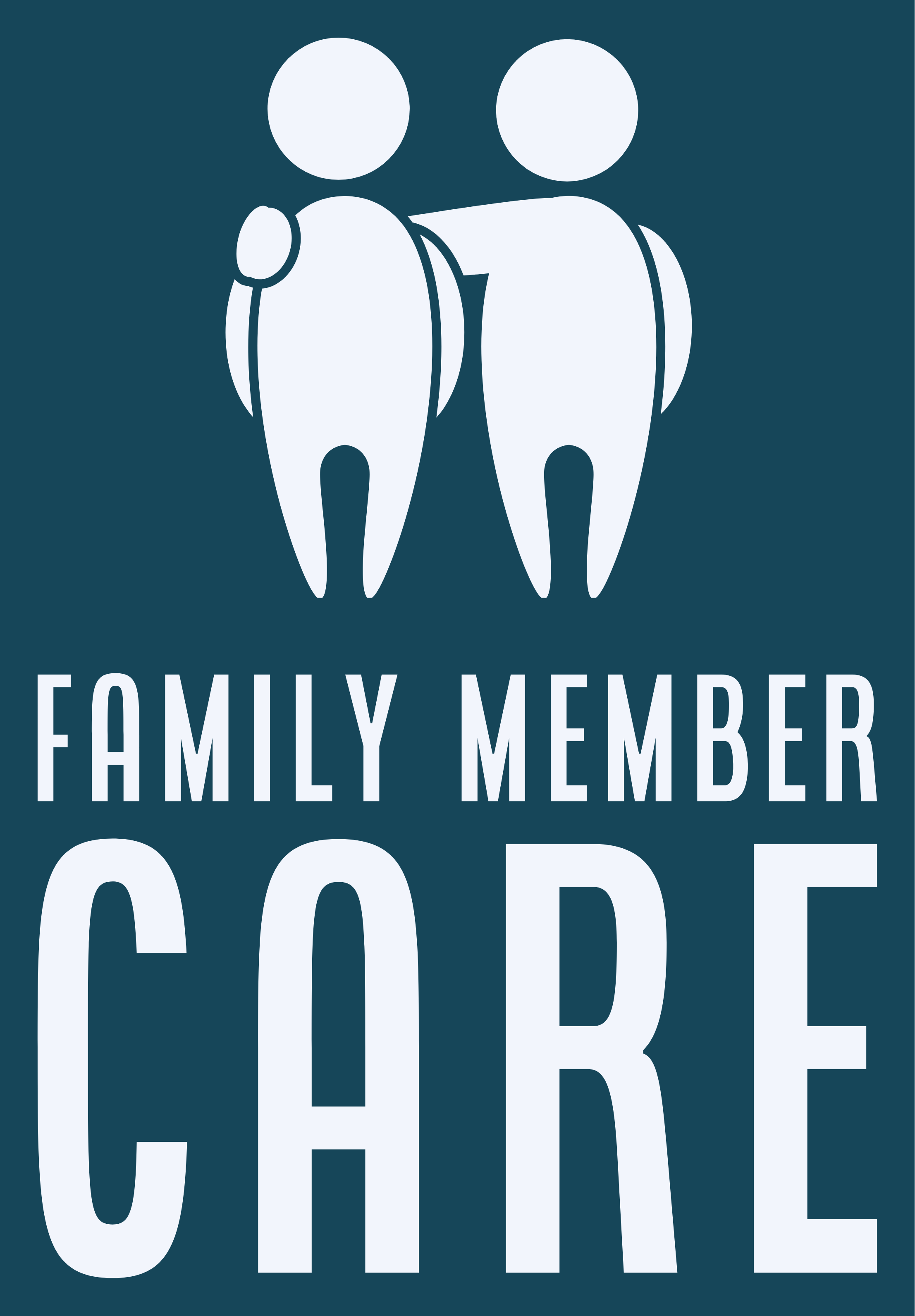Caring for a loved one can be a deeply fulfilling experience, but it also comes with its share of challenges. In this comprehensive guide, we'll explore step-by-step guidelines to help caregivers effectively manage critical situations and ensure the well-being of their loved ones.
Tip 1: Accept Your Feelings
Caregiving can evoke a wide range of emotions, from profound love and compassion to frustration, guilt, and grief. Caregivers need to work towards acknowledging and accepting these feelings without judgment. Embracing vulnerability and seeking support from trusted confidants can provide much-needed validation and emotional relief.
Tip 2: Find Caregiver Support
No caregiver should have to navigate the challenges of caregiving alone. Building a support network of friends, family members, and healthcare professionals is crucial for maintaining physical and emotional well-being. Creating a comprehensive list of caregiving tasks can help caregivers identify areas where they need assistance and delegate responsibilities effectively.
Tip 3: Really Connect with Your Loved One (if possible)
Beyond the practical aspects of caregiving, fostering a deep emotional connection with the care recipient is essential for both parties' well-being. This can be much easier said than done, as caretaking can often be done out of 'obligation' absent love and connection. If you can - and if you are willing - taking the time to engage in meaningful conversations, share memories, and express affection can strengthen the bond between caregiver and recipient. But it's a two-way street. Simple gestures like holding hands, offering a gentle touch, or sharing a heartfelt smile can convey love and reassurance, even in challenging times.
Tip 4: Attend to Your Own Needs
While caregivers often prioritize their loved one's needs above their own, neglecting self-care can lead to burnout and compassion fatigue. It's crucial for caregivers to carve out time for relaxation, hobbies, and activities that bring them joy and fulfillment. Additionally, caregivers should prioritize their physical health by maintaining a balanced diet, getting regular exercise, and attending medical appointments.
Tip 5: Take Advantage of Community Services
Communities offer a wealth of resources and support services for caregivers and their loved ones. From adult day care centers and home health aides to meal delivery programs and transportation services, these resources can alleviate the burden of caregiving and ensure that loved ones receive the care and support they need. Caregivers should explore local resources and organizations to identify services that meet their specific needs and preferences.
Tip 6: Provide Long-Distance Care
Many caregivers find themselves providing care from a distance, which presents unique challenges and considerations. Utilizing technology, such as medical alert systems and video calls, can help caregivers stay connected with their loved ones and respond promptly to emergencies. Coordinating with local resources, such as healthcare providers and community services, is essential for ensuring that loved ones receive adequate care and support, even from afar.
By implementing these tips and strategies, caregivers can navigate medical issues with confidence and compassion, ensuring the well-being of their loved ones while prioritizing their own self-care needs.
If you'd like to learn more about how Family Member Care can assist you, sign up for a free 7-day trial here.


